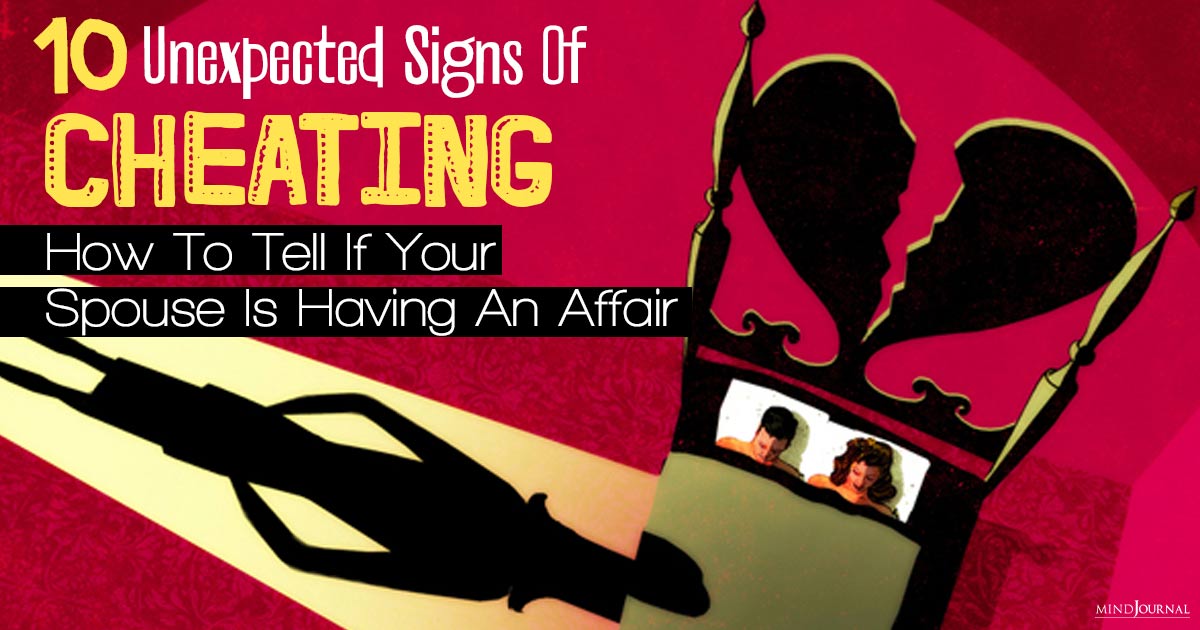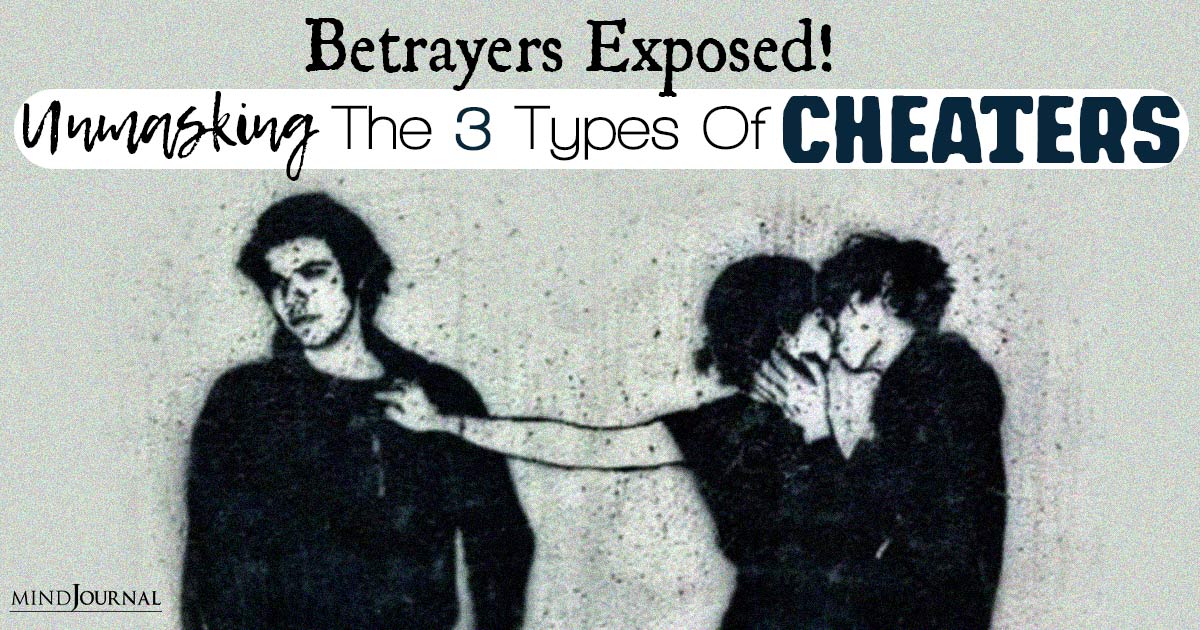Going back to the way your relationship was, and rebuilding trust after an affair is always a mighty difficult thing to do, isn’t it?
The discovery of an affair is gut-wrenching. Often the pain and betrayal are too much to overcome and the relationship will never fully recover. However, relationship researchers like John Gottman and Esther Perel have found that an affair doesn’t always need to be the nail in the coffin.
In fact, many of my couples have used the affair experience as a catalyst for improving and strengthening their relationship.
In The Gottman Method couples learn that in order to redevelop their relationship they must move through three stages: Atonement, Attunement, and Attachment.
These three stages help the couple to rebuild trust, increase intimacy, and move forward with shared life goals.
1. Atonement
The atonement phase makes or breaks whether the relationship can successfully continue after the affair. If the affair partner is not willing to atone then the relationship must end or there will be continued resentment.
I often use the metaphor of a bank account to describe this stage to couples. An affair is akin to taking your account into overdraft. Not only do you need to pay back the amount you withdrew, but you will also have a penalty. The partner that cheated will need to make deposits through trust-building behaviors (like granting access to e-mail or offering to check in during the workday), expressing empathy for their partner’s pain, and describing how they will prevent future betrayal from occurring.
The betrayed partner will need to learn to clearly express what they need and how they expect to receive it. I also remind this partner that they cannot continually impose penalties. There is a reason banks are not allowed to do that anymore.
During this phase, there is also individual work that needs to be done. The betrayed partner will often experience obsessive thoughts, feelings of disgust, and family and societal pressure to leave the relationship. It is crucial that this person receive honest answers to any appropriate questions. To manage the societal pressure, I recommend that they find another person with a similar experience to talk to or that they research the statistics of how common this predicament is. Normalizing the situation and reminding them that leaving and staying are both viable responses can be a healing experience.
A very taboo aspect of moving forward in an affair is that the “cheater” needs time to grieve the loss of their affair partner. It is an uncomfortable reality that the affair partner was providing something — sex, emotional comfort or excitement — and that loss needs to be recognized.
Looking to know more about both of you can move on after an affair? Read Surviving Infidelity Together: 5 Ways Couples Can Move On From The Pain
2. Attunement
Once the couple has worked on trust-building behaviors, it’s time to begin the “attunement phase”. At the beginning of this phase, I ask my couples “Are you both ready to face your responsibilities in the cause of this affair?” This is a difficult question for many people.
We often want to believe that the affair is one-sided and is completely the fault of the philanderer. However, this is rarely the case. It always takes two to tango. The affair is only one secret that’s been kept in the relationship and there are often many other wants, needs, and feelings that have not been discussed by either partner.
Want to know more about how affairs are not always one-sided? Read 3 Ways You’re Driving Your Husband Towards Infidelity (According To A Former Escort)
Attunement is the stage in which couples get to know each other again. They’re encouraged to be open and honest, even when it may hurt. In Gottman Method Couples therapy we call this building “Love Maps”.
When you build a love map you open yourself up to sharing your inner world: fears, aspirations, desires, and memories. You can start to reattune by asking things like “in what ways has our relationship let you down in the past?”, “what are your hopes for our future?” , “what is your biggest hope, fear, need right now?”. This is also where you reattune sexually. Are there sexual desires that you have not disclosed? Talk about them and truly listen. The video “It is Not About The Nail” is a great description of what listening does and does not look like.
3. Attachment
This phase is marked by a solid commitment by both partners to stay in the marriage. They feel safe and confidently attached to each other and can begin to reassess life goals and meaning. Couples in this phase have weathered the storm.
Esther Perel notes “Couples who can successfully recover from infidelity often display a significant shift in language: From “you” and “me” to “our,” from “when you did this to me” to “this was an event in our life.” They talk about “When we had our crisis,” recounting a shared experience. Now they’re joint scriptwriters, sharing credit for the grand production of their life together”.
To solidify the “our” in the relationship couples reassess their rituals and life goals. How are they saying goodbye in the morning before work? How do they greet each other when they get home? Is there any consistency in holidays and weekends? When is their next vacation? How will they raise the children or plan for retirement? What legacy do they want their relationship to leave after they’ve died?
I’ve found that my couples know they are in this stage when they begin having fun on dates, increase their sexual intimacy, and talk with more openness and security.
Happily Ever After
Couples that move through these three stages find that the affair becomes an important part of their story. It’s the point in their relationship where they “woke up” and realized that something needed to change. They use it as an important reminder to maintain openness and to respond to each other’s needs.
Written By Elizabeth Earnshaw
Originally Appeared In Huffpost
Infidelity is always a tough and painful thing to deal with, and even more difficult is moving on from it. But infidelity can sometimes make your relationship stronger than before. So if both you and your partner are willing to work on your relationship, and are sure that you don’t want to give up on it, then working as a team to make everything better is the way to go.









Leave a Reply
You must be logged in to post a comment.